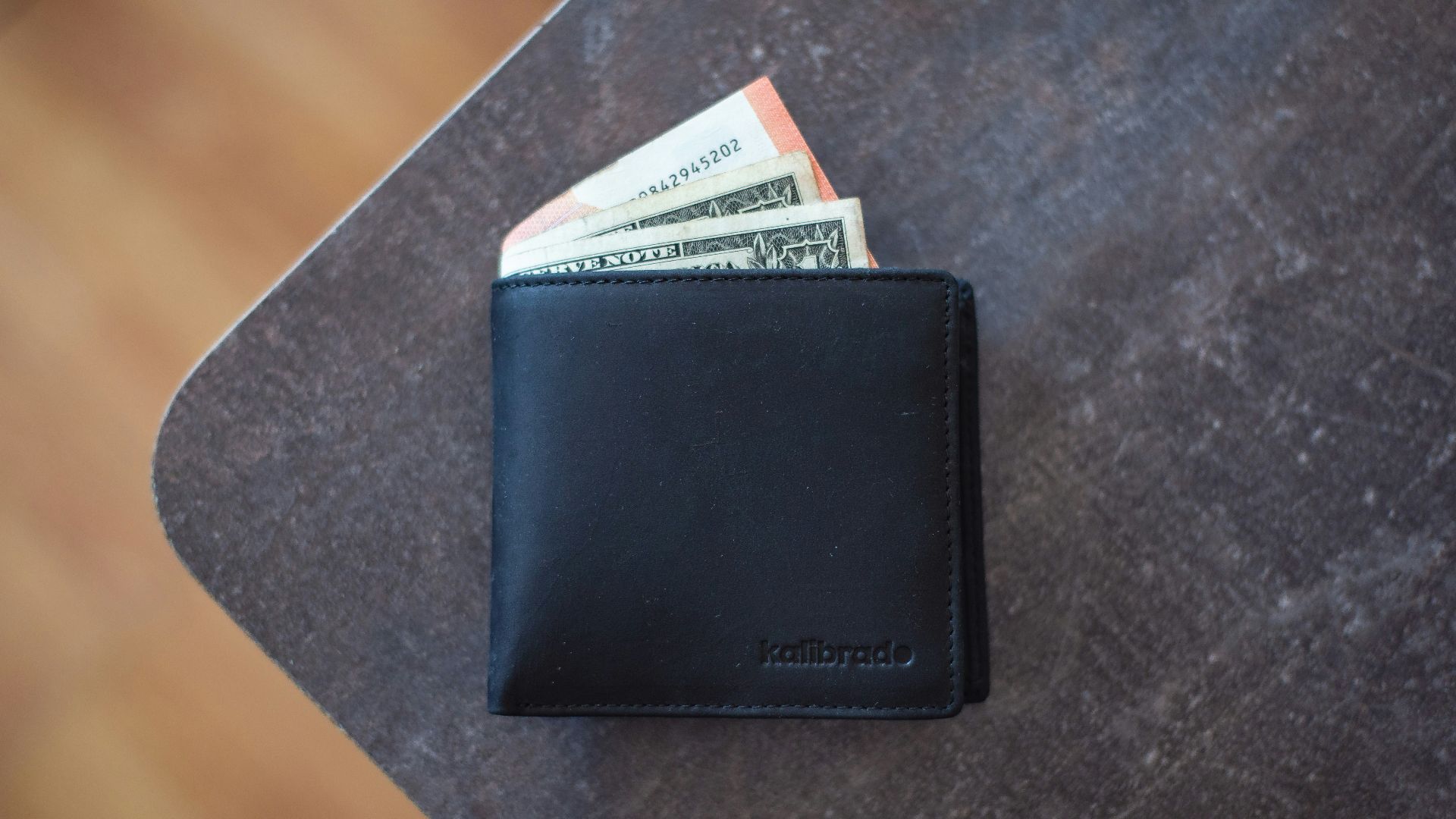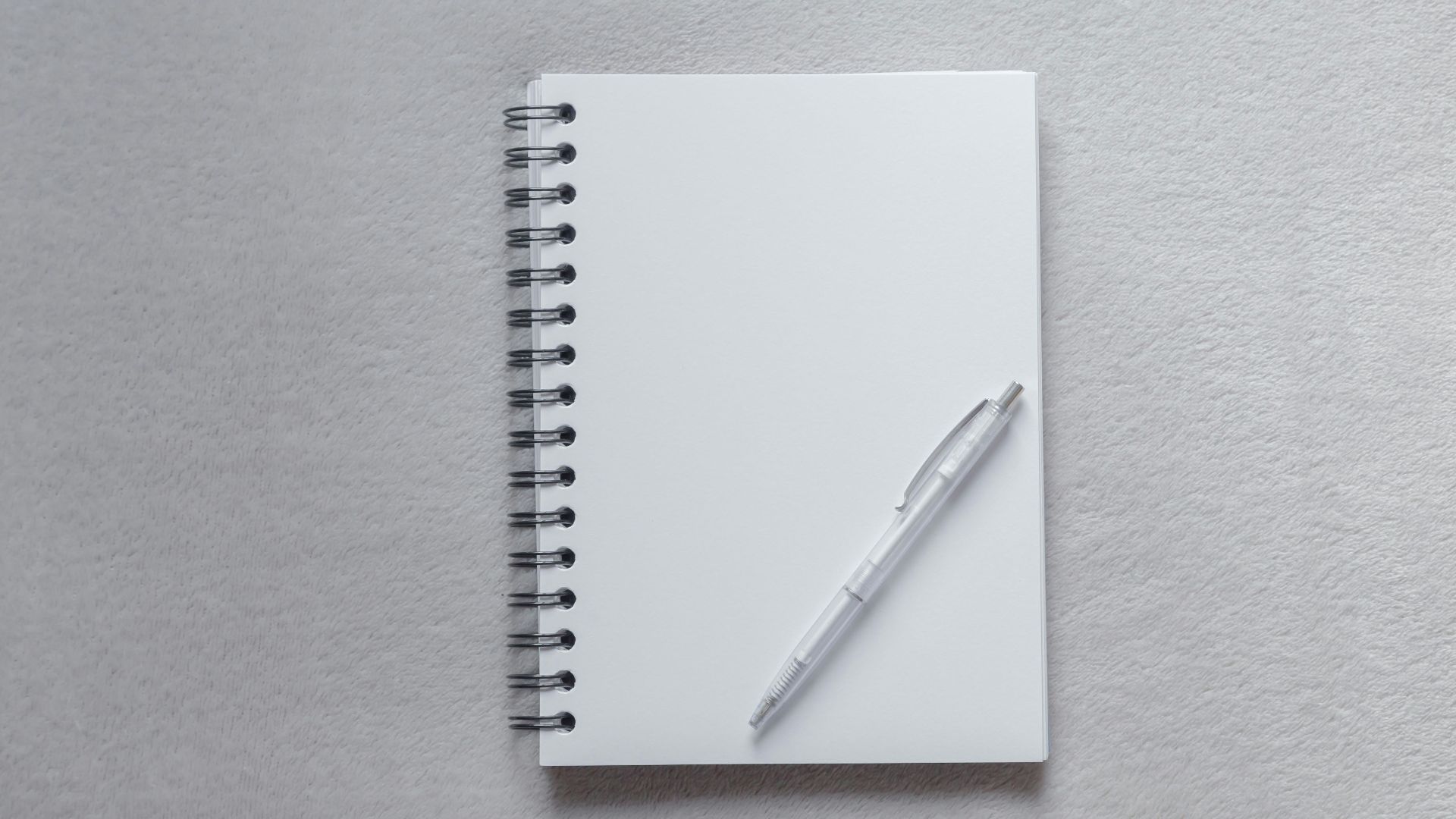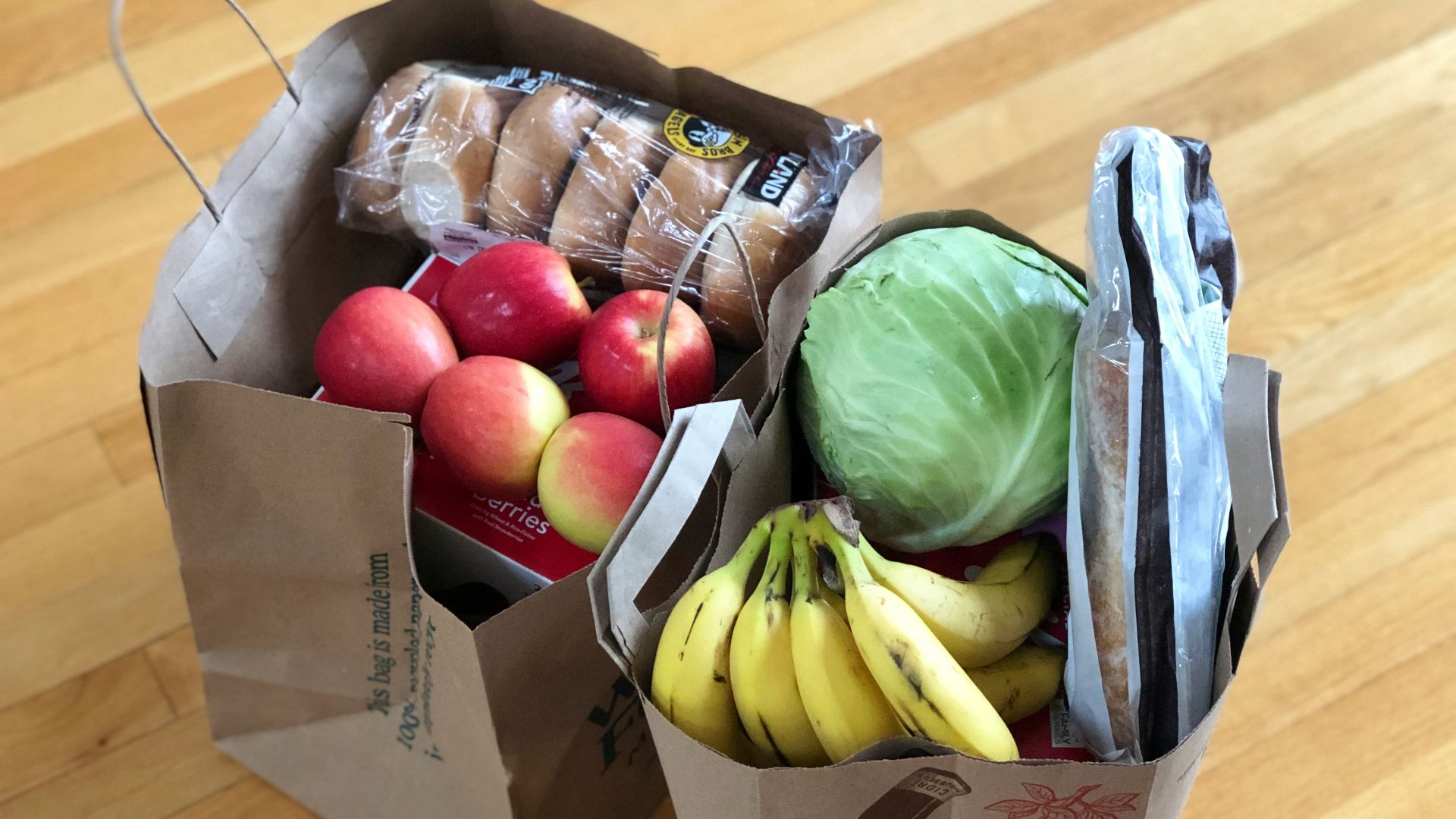How Forgetful Are You?
Can't remember where you left your keys? Forgot why you just walked into a room? Don't worry—you're not alone. While it can be frustrating when your mind suddenly loses track, most causes of forgetfulness are completely normal. Anything from being absent-minded to being biased can color our memories, affecting the way we shape and recall them. Curious as to what's behind these mental hiccups? Here are 10 common causes of mind blanks, and 10 easy tips to sharpen your memory.
1. Absentmindedness
Absentmindedness is a type of forgetfulness that happens when you're not paying enough attention. For example, you think you misplaced your wallet, but it's just because your focus wasn't on it when you placed it down. Maybe you were looking at something else, or thinking about something else entirely.
2. Misattribution
Misattribution occurs when you remember the gist of a memory, but can't recall the specifics involved. You might remember a conversation you had with a friend over dinner, only to be told that it was over the phone instead, not in person. Misattribution can also lead to inadvertent plagiarism: you may forget about an idea that you read or heard about somewhere else, and accidentally label it as an original thought.
 Bewakoof.com Official on Unsplash
Bewakoof.com Official on Unsplash
3. Blocking
Blocking is the type of forgetfulness you get when something is just "at the tip of your tongue." You know that you know it, but you can't seem to recall the specific memory. This can sometimes happen when you have a rival memory that's similar to the one you're trying to remember, but is stronger, detailed, or more intrusive, causing it to "block out" the other one.
4. Transcience
The more time that has passed between you and an event that has happened, the more likely you'll start to forget about the details associated with it. Memories, after all, fade away, and ones that are recalled the least tend to get blurrier and blurrier until they're forgotten entirely.
5. Suggestibility
Suggestibility is a type of memory distortion where, as you learn new facts about an event or topic, your memory morphs to accommodate it. For example, you may swear you saw a specific item on sale the other day, only for someone to tell you that it was at a different store, and a different product. As soon as that additional detail is mentioned, the power of suggestion incorporates it into your original memory, even though you never actually experienced it at all.
6. Bias
Your personal beliefs, knowledge, emotions, and opinions can influence the way you form and recall memories. You might, for example, remember a teacher speaking to you in a mean, shrill voice during class because you weren't paying attention, and you felt embarrassed because you were called out in front of everyone. But later, a classmate might tell you that the teacher sounded perfectly normal, and not mean at all. Your emotions at the time just shaped your memory into something else.
7. Overload
When you're stressed, anxious, or distracted, your brain can encode things incorrectly. This makes it not only harder to form memories, but also makes it difficult to retrieve and retain them. It's why when you have multiple items on your to-do list, you tend to forget which ones come next without clearly writing them down, or you may misplace important valuables—like your keys and wallet—much more easily.
8. False Memories
As mentioned earlier, suggestibility is a type of memory problem when additional details morph your original memory into something else. False memories can also be created in this way, even without having experienced it yourself or having been present when it happened at all. For example, your mom might tell you that you went on a family trip when you were young. Upon hearing the details, you start to recall vivid bits and pieces, and become convinced you actually were there—only to later be told that your mom misremembered, and you were never on that trip at all.
9. Sleep Deprivation
When you don't get enough sleep, your cognitive performance goes downhill. You'll find that it's much harder to concentrate when you haven't had enough rest, and that it's even more difficult to retain important details.
10. Normal Aging
Your memory also becomes weaker as you age. Certain types of forgetfulness, like blocking and misattribution, also become more common as you get older, too. It's why you might find you have more "tip of the tongue" moments over time, and why you may especially have trouble recalling names.
Looking for ways to boost your memory? Read on for 10 simple tips.
1. Get Enough Sleep
As mentioned, sleep is vital for maintaining good focus and memory. When your brain—and body—lacks the rest it needs, you may get more easily distracted and have trouble retaining important information. Make sure to always get at least seven to nine hours of shut-eye each night.
2. Keep Learning
Another tip on how to keep your memory sharp? Simple: keep learning. Whether it's through your job, hobbies, or puzzles, stay curious—that curiosity will pay off in the long run. Experts believe that those who take up higher education are more likely to have a stronger memory because they're used to being mentally active.
3. Exercise Regularly
Because physical activity spikes your blood flow throughout the whole body, this may help keep your memory sharp. Plus, regular exercise isn't just beneficial for the brain—it's good for your heart and helps keep you in shape. Aim to get at least 30 minutes of moderate intensity exercise each day.
4. Challenge Yourself
Don't just challenge your body by working it out every day—you want to make sure you're challenging your brain, too. Find puzzles that make you think. Pick up a new hobby or skill. Read more, and go out of your comfort zone by choosing subjects you don't normally read. The more you engage your mind in activities that require a mental workout, the sharper and more in shape your brain becomes.
 Hans-Peter Gauster on Unsplash
Hans-Peter Gauster on Unsplash
5. Write Things Down
Don't be afraid to write things down. If you know you're currently overloaded and have too many things to keep up with, pull out a pen and a piece of paper and jot down what you want to remember. Whether it's a grocery or to-do list, noting items down will help better jog your memory and make recall easier.
6. Reduce Stress
Stress can make you forgetful, so find techniques that help your body and mind relax and cool down. Give yourself a break when you need it—don't burn yourself out. Another thing that might help is to keep your spaces free of clutter; having too many items on your desk may distract you, affecting your memory and recall.
7. Repeat Things Out Loud
If you want to make a point to remember something you just heard, saw, or read, repeat it out loud. For example, if you're bad with names, say someone's name out loud after they introduce themselves to you: "Hi, Dylan, it's great to meet you." This way, you reinforce the memory, and it'll be easier to recall next time.
8. Create Mnemonics
If you need to remember a list, an easy way to do so is to create a mnemonic. This can either be an acronym or a sentence. For example, if you're trying to remember your grocery list, try to remember the first letter of each item: Milk, Cheese, Eggs, Bread—MCEB.
9. Use All Your Senses
Don't just learn passively—try to engage all your senses whenever you learn something new. The more senses that are involved when you're encoding a new piece of information, the better your brain will remember it, simply because it's more involved in the process.
10. Believe in Yourself
Instead of telling yourself that it's inevitable for your memory to deteriorate as you age, flip the script and believe in yourself. The more you practice, continue learning, and believe that you can improve, the better chance you'll have at keeping your noggin sharp.


























